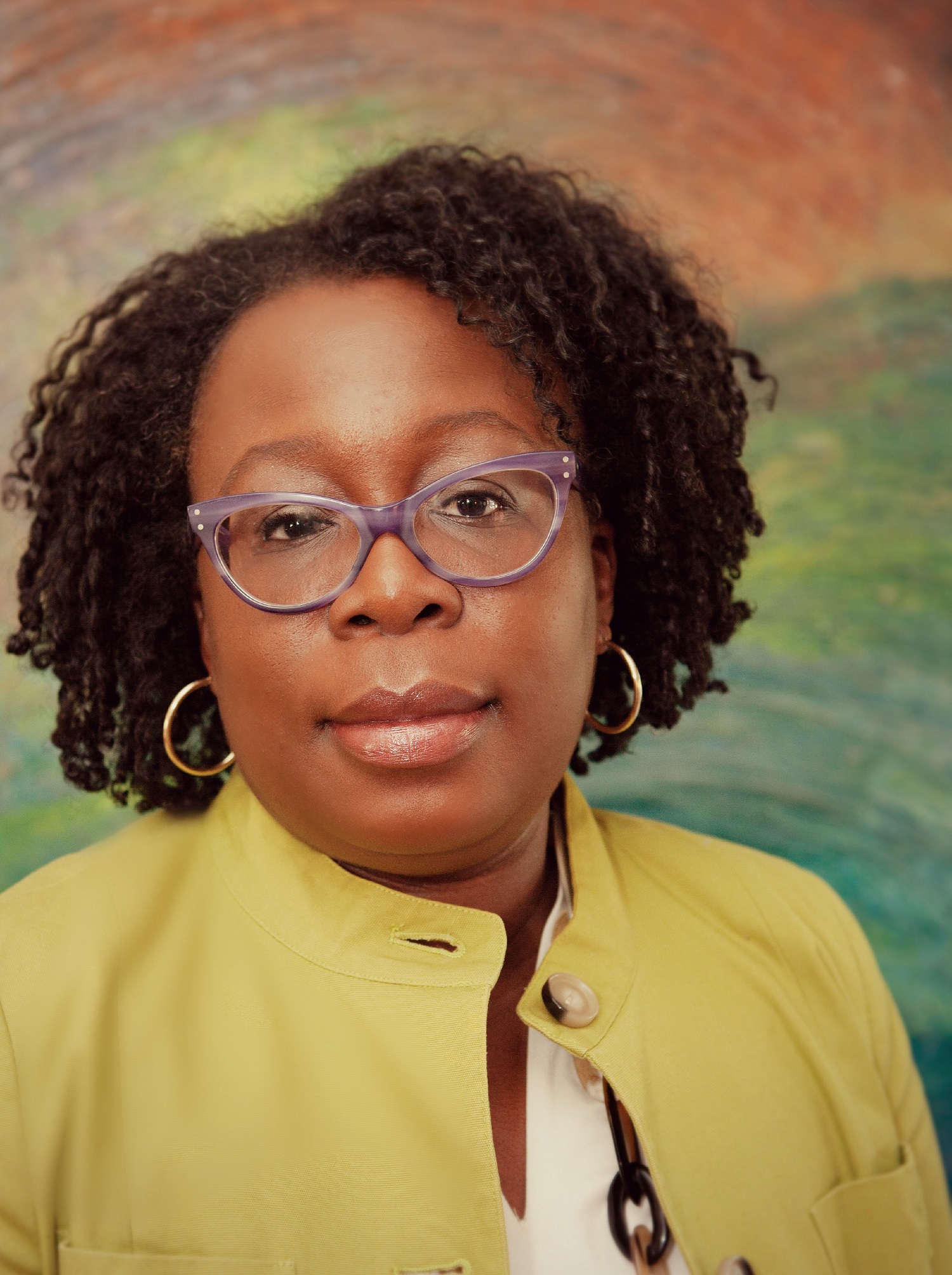A Wayne State University School of Medicine faculty member with the Barbara Ann Karmanos Cancer Institute has launched a survey to ask community members about their experiences with health care during the COVID-19 pandemic.

Professor of Oncology Hayley Thompson, Ph.D., is the associate center director of Community Outreach and Engagement at Karmanos, and principal investigator of the study.
Questions will focus specifically on cancer prevention, screening and treatment, as well as COVID-19 concerns, social distancing and impacts on diverse communities. The survey will enroll 2,000 participants in Karmanos’ 46-county catchment area. Members of the general adult population, cancer patients and cancer survivors are asked to participate. The survey is funded by the National Cancer Institute.
Responses will be analyzed by the Office of Cancer Health Equity and Community Engagement’s research study team, which will create reports, presentations and publications based on the data. Specific reports will be provided to community partner organizations and other social service agencies so they may develop and implement strategies to increase access to appropriate cancer resources based on survey results, in collaboration with partner organizations. Results will inform practical policies and systems change to support vulnerable populations that disproportionately carry the COVID-19 burden.
“We’re pleased to offer our community the opportunity to participate in this survey, which will directly impact health care now and in the future. Our valuable tax dollars are being put to work through this survey and we encourage the public to share their experiences,” Dr. Thompson said.
The survey will cover a variety of topics, including demographics, mood and well-being, dietary habits, financial hardship, health care needs and cancer control. It will also examine differences in the habits of individuals living in rural and urban areas throughout the state. The survey will address perceived stigma related to COVID-19 and its variability across racial/ethnic groups, as well as perceptions of the racism and inequality that inform COVID-19 disparities.
The survey will take 30 to 40 minutes to complete and can be accessed online. Participants may take the survey via phone beginning June 29 by calling 313-576-8869. The survey will be available in Spanish and Arabic starting in early July. It will remain open until Sept. 1 or until 2,000 responses are collected. Participants who complete the survey will receive a $10 electronic gift card to Meijer or Target. Individual responses will be kept confidential. Data will be reported for the entire group or subgroups; the information of any individual will never be reported.
Cancer is the second leading cause of death in the state of Michigan. However, expected cancer mortality in 2020 may be underestimated due to the COVID-19 pandemic. At the height of infections in the state, Michigan ranked fifth in COVID-19 incidence and mortality, with Detroit accounting for one-third of Michigan’s COVID-19 cases and more than 40% of related deaths. COVID-19-related disruptions in daily life and routines may have a broad range of adverse consequences, including limited access to care, resources and information, as well as psychological distress, which undermines prevention and control efforts at the population and individual level and across the cancer care continuum. This may also exacerbate persistent racial disparities in cancer care and outcomes.
The survey is offered in partnership with St. Patrick’s Senior Center, Detroit Parent Network, LGBT Detroit, Faith-Based Genetic Research Institute (Detroit), Western Wayne Family Health Centers (Inkster), Area Agency on Aging of Northwest Michigan (Traverse City), United Way of Gratiot and Isabella counties (Alma and Mount Pleasant) and the American Cancer Society - North Central Region (Southfield).
The work is being conducted as part of a consortium of comprehensive cancer centers, including the University of Iowa Holden Comprehensive Cancer Center, the James Comprehensive Cancer Center at the Ohio State University, University of Colorado Cancer Center and the O’Neal Comprehensive Cancer Center at the University of Alabama – Birmingham.
Courtesy of Karmanos Cancer Institute